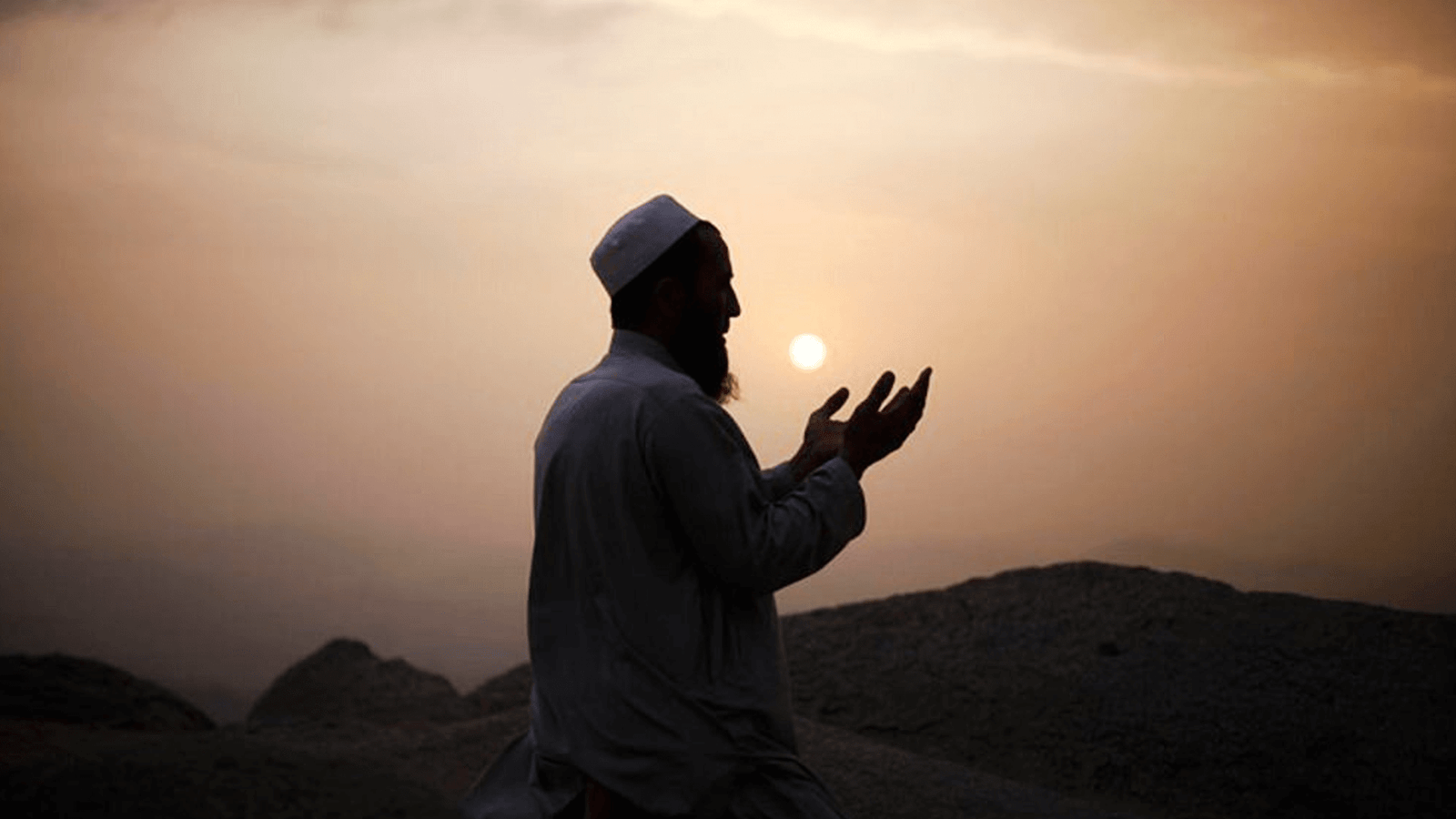Islam is a religion that emphasises the importance of spirituality and encourages its followers to develop a deeper connection with God. In this article, we will shed light on the concept of spirituality in the context of Islam, its meaning, and significance. We will also examine the different ways in which spirituality is manifested in Islamic practice, and the role it plays in the lives of Muslims.
Spirituality in the context of Islam refers to the personal and emotional connection that Muslims develop with God through their faith and religious practices. It involves developing a sense of inner peace, purpose, and meaning, as well as a deep understanding of the divine nature of the universe. Muslims believe that spirituality is essential to their faith and the development of a meaningful relationship with God.
Significance of Spirituality in Islam
Spirituality is a fundamental aspect of Islamic belief and practice. Muslims believe that the purpose of human existence is to worship God, and the development of a strong spiritual connection is key to fulfilling this purpose. The Quran emphasises the importance of developing a deep connection with God, and encourages Muslims to reflect on the signs of God’s creation and seek knowledge of the divine nature of the universe.
In Islam, spirituality is also seen as a means of achieving inner peace and contentment, and of overcoming negative emotions such as anxiety and stress. Muslims believe that by developing a strong spiritual connection, they can find solace in times of difficulty, and gain a deeper understanding of the meaning and purpose of their existence.
Manifestation of Spirituality in Islamic Practice
Islamic practice provides numerous opportunities for the manifestation of spirituality, including prayer, fasting, and charitable acts. Muslims are encouraged to pray five times a day, and to seek a connection with God through recitation of the Quran and other supplications. Prayer is seen as a means of achieving inner peace, and of building a stronger connection with God.
Fasting during the month of Ramadan is also an important aspect of Islamic practice, and is seen as a means of developing self-discipline, self-control, and spiritual awareness. It is also an opportunity for Muslims to reflect on the blessings of God and the importance of gratitude.
Charitable acts such as giving to the poor and helping those in need are also an important manifestation of spirituality in Islam. Muslims believe that by helping others, they are fulfilling God’s command to care for the less fortunate, and are demonstrating their commitment to the principles of justice and compassion.
Role of Spirituality in the Lives of Muslims
Spirituality plays a central role in the lives of Muslims, providing a framework for their beliefs, values, and practices. It is seen as a means of achieving inner peace and contentment, and of developing a deeper understanding of the divine nature of the universe. For many Muslims, the development of a strong spiritual connection is a lifelong journey, requiring constant reflection and self-improvement.
Summing it up, spirituality in the context of Islam is a fundamental aspect of the faith, emphasizing the importance of developing a deep connection with God through religious practices and reflection. It is seen as a means of achieving inner peace and contentment, and of gaining a deeper understanding of the divine nature of the universe. Through prayer, fasting, and charitable acts, Muslims are able to manifest their spirituality and fulfil their purpose of worshiping God. The development of a strong spiritual connection is essential to the fulfilment of the Muslim faith, providing a framework for their beliefs, values, and practices.

Meet Sir Faisal Amin – a visionary educator and content management expert, who has made a lasting impact in the education sector with his unwavering commitment and passion.








